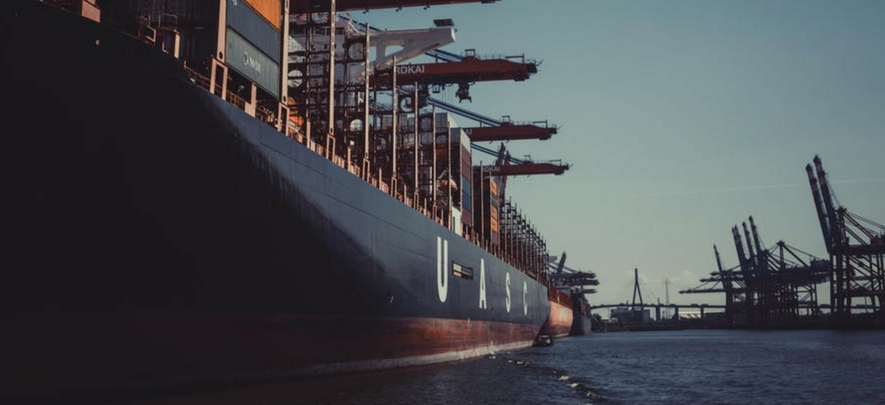The Impact of the US-China Trade War on the Philippines

Economy
363 week ago — 5 min read
Background
The difficulties on importing have threatened a lot of developing economies particularly among emerging ones such as the Philippines. Because of the trade war between US and China, Philippine government managers have mentioned that this move away from free trade has some effect on the Philippines, but the effect must be made clear in order for the businesses in the Philippines to adjust accordingly, just in case.
According to the Observatory of Economic Complexity, a tool that helps users have a more concrete understanding about international trading, the Philippines exported US$15 billion into China, which is equivalent to 4.9% GDP, while US exports accounted for about 3.4% of GDP or US$10.5 billion. 19% of the Philippines’ total exports went to China, while 13% were shipped to the US. For total imports, 21% was from China, which was worth US$19.4 billion or 6.4% of GDP, while a total of 8.1% came from the US at about US$7.5 billion or 2.5% GDP.
Things to take note
#1 US-China trade war will affect the Philippines
From the statistics mentioned above, it is evident that the US-China trade war will largely impact the Philippines, since the country’s biggest trading partner is China since 2016. If the economic growth prospects of China is threatened by the tension with the US, the Philippines will not be spared from this trade war.
#2 Taiwan affects the Philippines
However, it is good to put things in perspective. Like the Philippines, Taiwan is an exporter of electronic parts and machinery; however, Taiwan also has a vibrant agriculture sector. The aforementioned country could benefit from the trade war both ways as they can be a substitute for Chinese electronic products (which are subject to a 25% tax increase from the US) and also export their agriculture products to China as a substitute for the US (which also face a 25% tax increase from China). These scenarios are only probable, but are still not definite.
It must be noted; however, that the electronics supply chain, where the Philippines is also a considerable part, are closely linked with each other. Tax increase on Chinese electronic products could also negatively affect Taiwan; thus, also the Philippines, if the country is a supplier to a Chinese firm that loses its exports. Basically, if Taiwan will be affected, either positively or negatively, the Philippines will also be affected; however, the intensity of the effect will be the crucial difference. Since Taiwan’s trade is bigger than that of the Philippines’, Taiwan will feel the possible impact more so than the Philippines.
#3 Philippines’ economy size as an advantage
One advantage that the Philippines has going its favour is the size of its economy and its participation in global trade. Ever since the 2008 Global Financial Crisis (GFC), both global trade and the global economic growth greatly declined. Despite this phenomenon, the Philippines did not go into negative territory - economic growth wise - during this time. Thus, it is still possible that the Philippines will not be largely affected by the trade war between two of the largest economies.
#4 Traders be warned
The immediate impact of the US-China trade war may be seen in the weakening of currencies due to the declining number of prospects in the trade market and the strengthening of the US dollar as investors flock to more stable assets. For the Philippines, the downward pressure on the peso due to the rising trade deficit brought forth by the increase in imports may have to deal with further downward pressure due to the probable trade war. Thus, businesses should be ready as contracts in US dollars may be more expensive, moving forward, and other foreign currency-related transactions may see the same. Manufacturing firms as well as importers may see a decrease in profits due to higher costs brought by the effects on the US dollar.
Overall, the impact of the trade war may look painful, but with the size of the Philippines’ economy at this point, it may be an advantage.
Article by Ruben Carlo O. Asuncion, UnionBank's Chief Economist
Note: Any opinion or statement in the Philippine Outlook does not constitute the opinion of UBP. Your use of this document and any of its contents is at your own risk and UBP does not accept any liability for the results of any action or decision taken on the basis of or reliance on the Philippine Outlook or any of its content.
Posted by
UnionBank PublicationWe are a team of professionals providing relevant content to startups, micro, small and medium enterprises.
Network with SMEs mentioned in this article
View UnionBank 's profile
Most read this week
Trending













Comments (4)
Share this content
Please login or Register to join the discussion